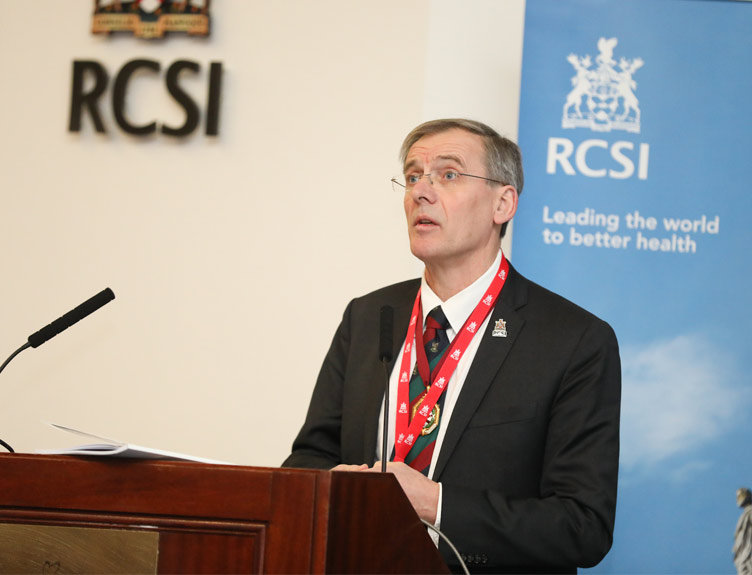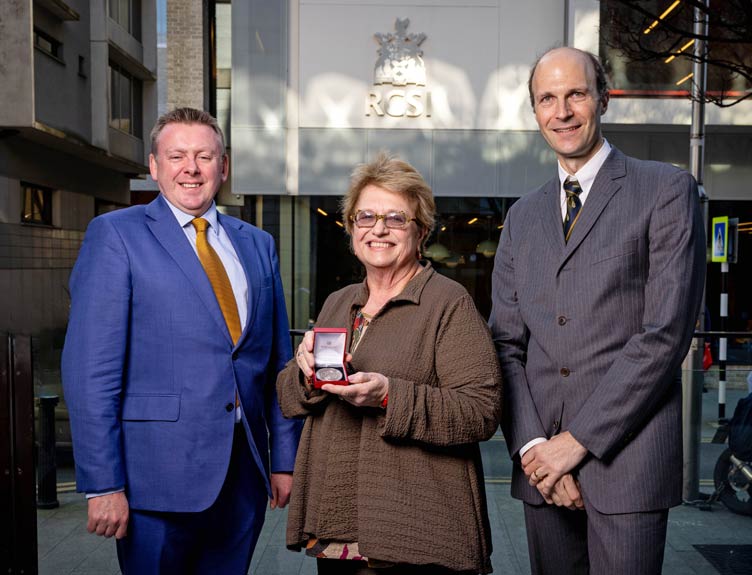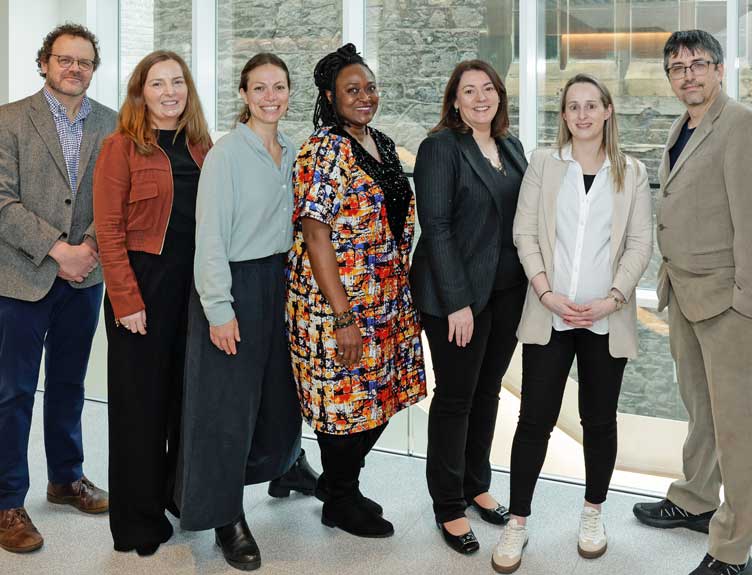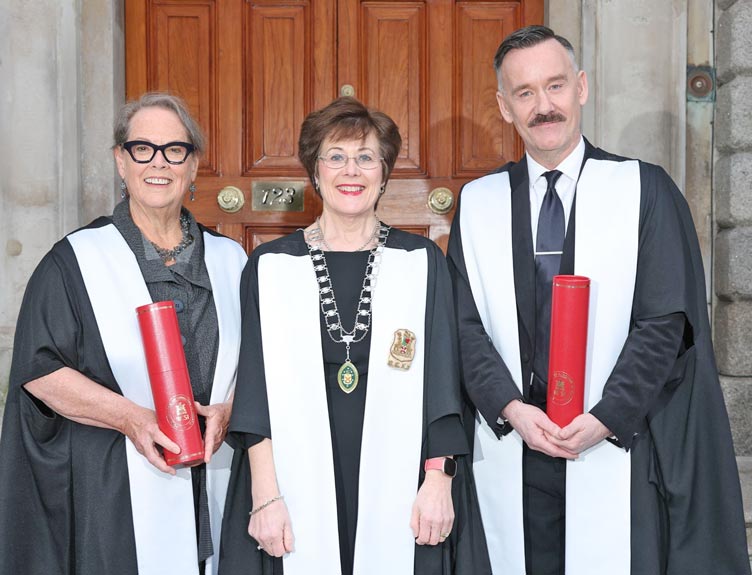RCSI President urges Government to keep Sláintecare commitment to build elective hospitals

Speaking on RCSI’s annual Charter Day meeting for surgeons, RCSI President Mr Kenneth Mealy has urged the Government to deliver three elective hospitals as promised in Sláintecare. The capital health budget is currently under review in light of the over spend on the new children’s hospital in Dublin.
Mr Mealy said: “I have written to the Taoiseach and Minister for Health expressing RCSI’s strong view that any delay in developing the elective hospitals would have serious implications for patients on waiting lists for scheduled surgery."
Mr Mealy explained: “A 20% efficiency in bed day usage has been achieved since 2010. In fact, if we were still operating at 2010 efficiency levels, an additional 891 beds would have been required. Despite this good news, we know that a million additional surgical beds days will be required annually to meet the needs of our growing and ageing population over the next thirty years".
“Providing this additional capacity requires a fundamental shift in the way surgical services are delivered in Ireland. Moving to a model that separates acute unscheduled from necessary scheduled, or elective, surgery is critical if we are to find a sustainable way of delivering surgical services in the future. If plans to build three scheduled care or elective only hospitals, where surgery would be safeguarded at times of peak pressure such as winter, are delayed or abandoned, then it is difficult to see a sustainable solution to our waiting lists problem.
“The vast majority of complex surgery for our sickest patients can only be delivered in a protected scheduled care environment,” continued Mr Mealy.
Surgeons too have a responsibility to manage resources effectively, according to Mr Mealy. “We need to understand that limited resource allocation demands that we work cooperatively at regional and national level and we design patient centred, but cost efficient care pathways which do not duplicate limited budgets. We also each need to buy into the concept of continuous quality improvement and audit in examining what we do”, he said.
Mr Mealy was speaking ahead of RCSI’s annual Charter Day meeting which takes place today Friday, 8 February. Addressing the complex issues that arise when things go wrong in surgery will be the focus of the meeting, which brings together over 500 members of Ireland’s surgical community.
Sessions will explore the perspectives of both surgeons and patients. Professor Hilary Sanfey, Professor of Surgery and Vice Chair for Education, Southern Illinois University, will share insights into the surgeon as “second victim”. Professor Tim Rockall, Consultant Surgeon at Royal Surrey Country Hospital and Chairman of the RCS England Invited Review Mechanism will discuss the Invited Review Mechanism. Professor David Healy, RCSI Council Member and Consultant Cardiothoracic and Transplant Surgeon at St Vincent’s & Mater Misericordiae University Hospital will address supporting the patient – family unit.
Explaining the significance of this session, Mr Mealy said, “The healthcare environment poses many challenges for surgeons and our response to poor outcomes, mistakes and errors need to be addressed at a professional level but also requires a response from the professional organisations such as RCSI. In the last year, controversies in the cancer screening services, governance issues and medical disclosure make today’s meeting all the more relevant”.
Major developments in the treatment of patients with oesophageal cancer will be the subject of this year’s Abraham Colles Lecture. The lecture will be delivered by Professor J. Jan B. van Lanschot, MD, PhD, Professor of Surgery at the Erasmus University, Rotterdam.
The RCSI Charter Day Meetings are held annually to commemorate the foundation of RCSI by a Royal Charter granted by King George III on 11 February 1784.
RCSI is ranked among the top 250 (top 2%) of universities worldwide in the Times Higher Education World University Rankings (2019) and its research is ranked first in Ireland for citations. It is an international not-for-profit health sciences institution, with its headquarters in Dublin, focused on education and research to drive improvements in human health worldwide. RCSI has been awarded Athena SWAN Bronze accreditation for positive gender practice in higher education.



